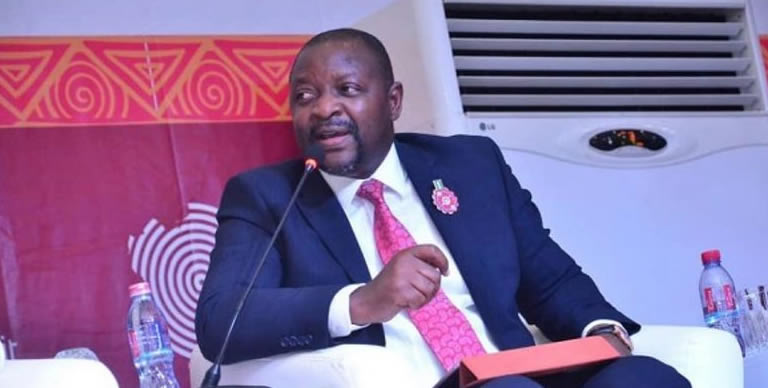The Nigerian presidency has responded to criticisms leveled by former Senator Dino Melaye concerning the nation’s escalating debt profile. Melaye, during an interview on Arise News, expressed concerns over the government’s borrowing practices, suggesting that the country’s debt burden was becoming unsustainable and that the government might soon resort to borrowing from local fintech companies if the current trend persists. He questioned the rationale behind recent loan requests, including a $1.7 billion loan from the World Bank, and highlighted the Senate’s approval of approximately $21 billion in external borrowing. Melaye argued that this level of borrowing was unprecedented and contradicted the administration’s stated commitment to fiscal responsibility.
In response, Sunday Dare, Special Adviser to President Bola Tinubu on Media and Public Communication, dismissed Melaye’s statements as mere “entertainment, not enlightenment.” Dare countered Melaye’s claims by citing data from the Debt Management Office, which placed Nigeria’s total public debt at ₦149.39 trillion as of March 31, 2025. He attributed this increase not to excessive borrowing but primarily to the devaluation of the naira, which inflated the value of existing external loans. Dare emphasized that Nigeria’s debt-to-GDP ratio remained within a moderate range of 40-45%, comparing favorably to other countries like South Africa and Ghana, which have significantly higher ratios.
Dare further argued that the core challenge lies in revenue mobilization, not unchecked borrowing. He pointed to improving revenue streams, which enhance the government’s capacity to service its debt obligations. He defended borrowing as a legitimate instrument for funding development initiatives and infrastructure projects, cautioning against the politicization of the issue. Dare criticized what he termed “political theatrics,” emphasizing the importance of debt sustainability over attention-grabbing soundbites. He concluded by suggesting that Melaye’s commentary lacked economic understanding and served primarily as entertainment rather than providing insightful analysis.
This exchange highlights the ongoing debate surrounding Nigeria’s debt management strategy. Melaye’s concerns reflect a broader anxiety about the potential risks of excessive borrowing, including the burden on future generations and the potential for a debt crisis. He questions the government’s fiscal prudence and its ability to effectively manage the growing debt. His criticism centers on the perceived disconnect between the government’s borrowing practices and its stated commitment to fiscal responsibility.
On the other hand, the government, through Dare’s response, defends its borrowing strategy as necessary for financing essential development projects and reforms. It argues that the current debt level remains manageable and that the focus should be on improving revenue generation to ensure debt sustainability. The government also attributes the increase in debt to external factors like currency devaluation, downplaying the impact of new borrowing. The differing perspectives reveal a fundamental disagreement on the appropriate level and management of public debt.
The debate also underscores the importance of transparency and accountability in public finance management. Melaye’s concerns highlight the need for clear communication from the government regarding its borrowing activities and how the borrowed funds are being utilized. The government’s response, while providing some data and context, could benefit from greater transparency regarding the specific projects and reforms being financed through borrowing. This would allow for more informed public discourse and greater accountability in the management of public resources.
Ultimately, the sustainability of Nigeria’s debt depends on a combination of factors, including responsible borrowing practices, effective revenue mobilization, and prudent fiscal management. A balanced approach is needed, one that acknowledges the potential benefits of borrowing for development while mitigating the risks of over-indebtedness. Open and informed public debate, fueled by accurate data and transparent communication, is crucial for ensuring that Nigeria’s debt management strategy serves the best interests of its citizens and promotes sustainable economic growth.


